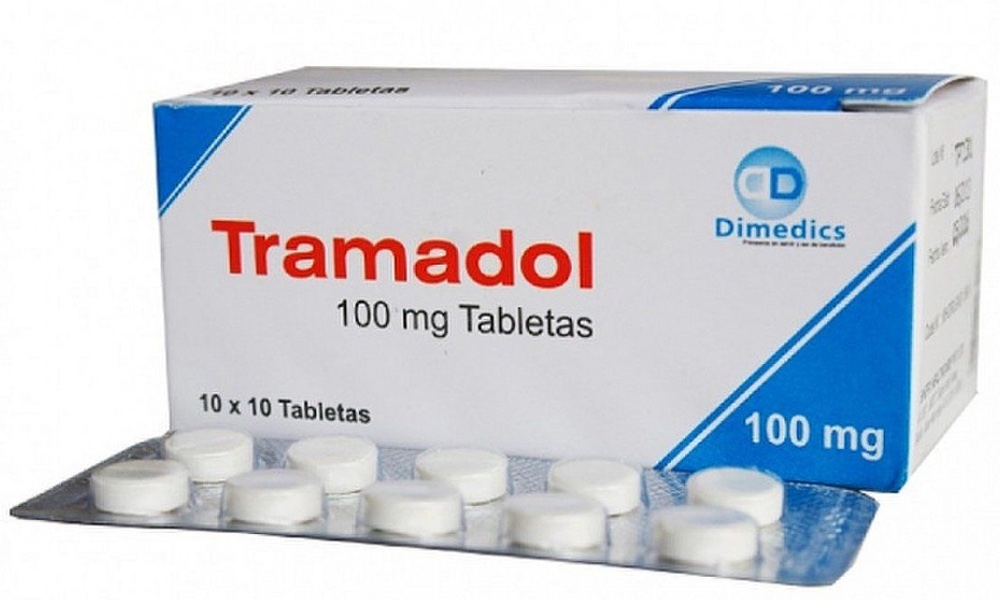But for some RA sufferers, the anti-TNF drugs are not effective. Thus, there is clearly a need for additional agents to treat RA. Two new drugs, rituximab and abatacept, have recently been tested in Phase II trials and appear to provide effective alternatives.Abatacept competes with naturally occurring so−called proinflammatory proteins.
Rituximab (RTX)
Rituximab (RTX) is an antibody directed against a membrane protein, CD20, that is found on cells that are involved in the joint inflammation that is responsible for the symptoms of rheumatoid arthritis. Two large, prospective, double-blind, placebo-controlled trials have recently reported that RTX is effective in the treatment of RA patients. In one trial, 40% of the patients given RTX and methotrexate, an older drug for the treatment of the disease, achieved a 50% improvement in their symptoms compared with 13% in another group that received methotrexate alone.
Abatacept
The second drug in trial, abatacept, is a human protein manufactured through advanced genetic techniques. Abatacept competes with naturally occurring so-called proinflammatory proteins. These proteins promote inflammation and block the activation of T cells thought to be involved in the inflammatory reaction characteristic of rheumatoid arthritis. In two large double-blind studies involving nearly 700 people, a statistically significant improvement in physical function was seen in the group given abatacept.
It should be noted that there have been several reports of serious and unusual infections seen in patients treated with abatacept, so if this drug is approved it will probably be with a caution concerning the possibility of infection and that it not be used together with other immunosuppressive drugs.




